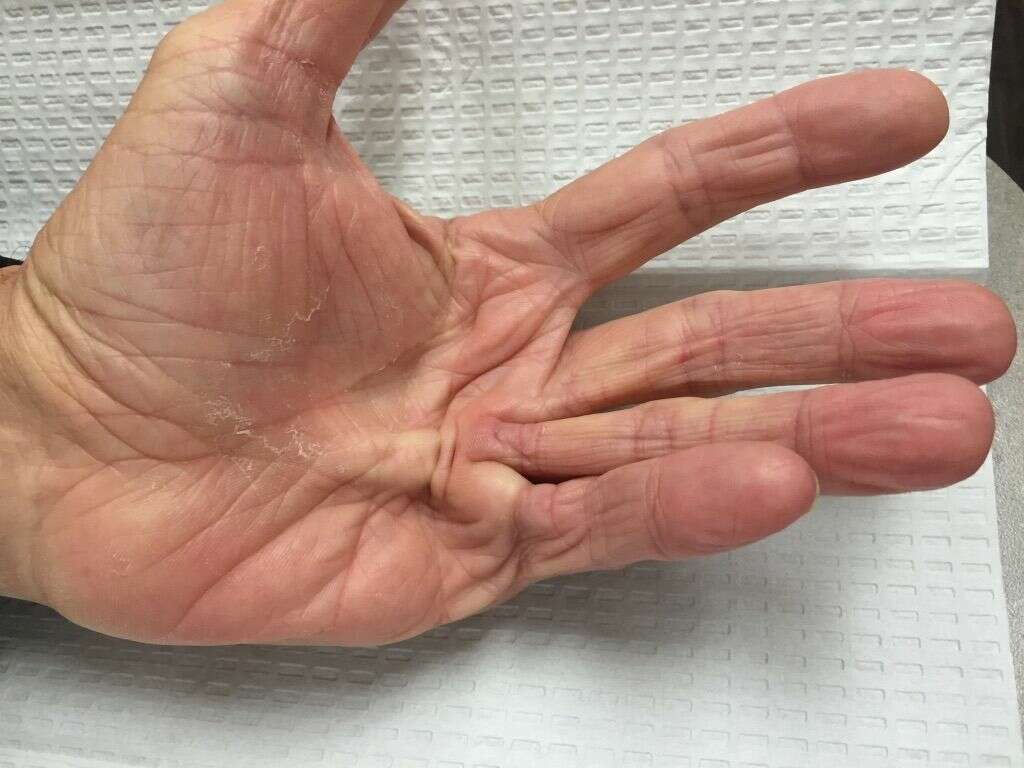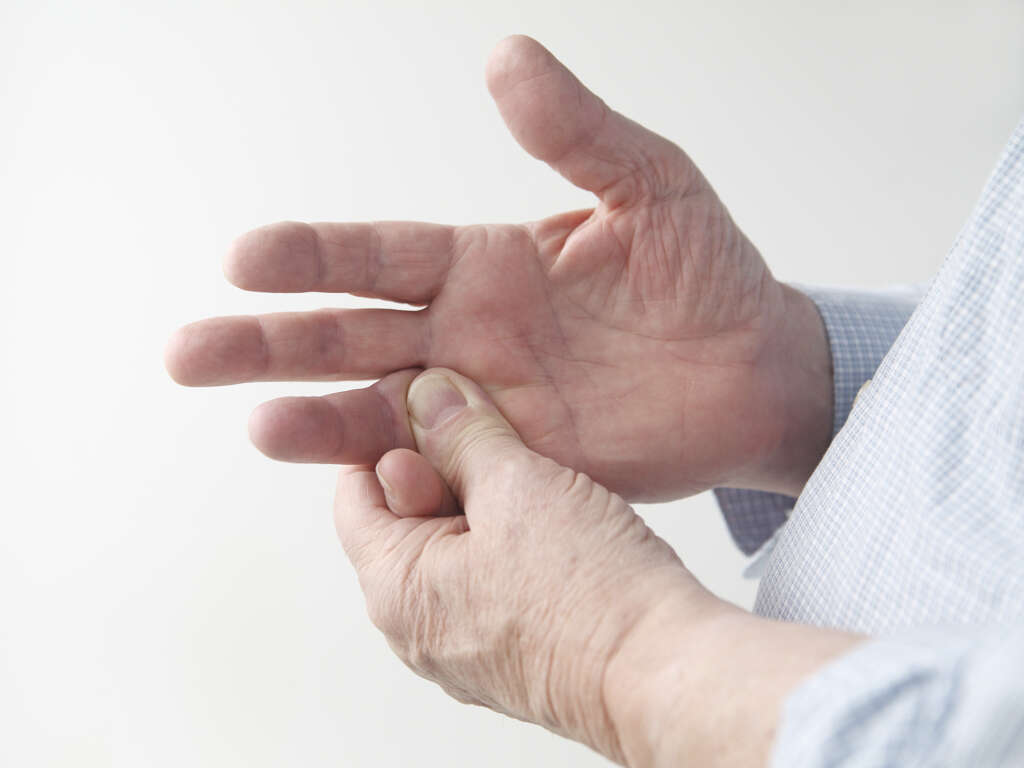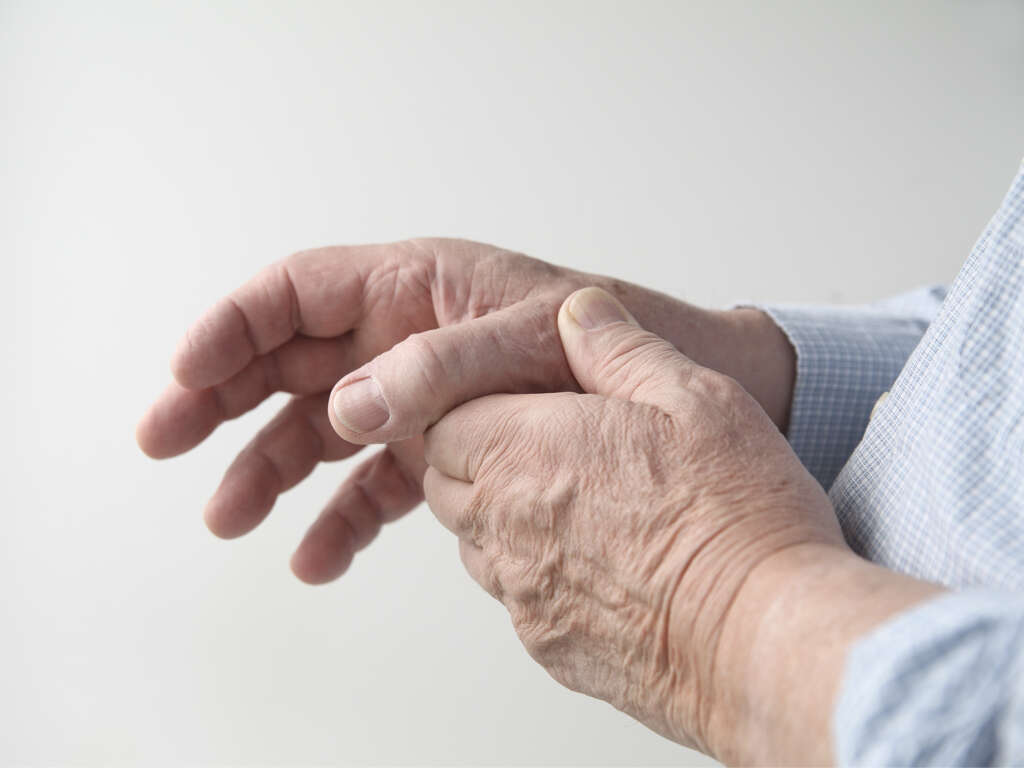10 Causes Of Hand Tremors
Hand tremors or shaky hands refer to involuntary and rhythmic movements that can be due to the alternating and synchronous contractions of antagonistic muscles. Tremors are one of the most common movement disorders that may involve the arms, head, legs, or vocal cords.
Based on the underlying cause, the tremors may differ as some can be chronic, short-term, constant, or intermittent. Hand tremors can have a negative impact on the quality of life for those who are affected as they can cause issues with activities of daily living such as holding utensils and difficulty writing.
Tremors can be generally categorized into action and resting tremors. Resting tremors occur when the muscles are relaxed. In action tremors, they only occur when the muscles contract during voluntary movements.
Cause #1: Traumatic Brain Injury
Traumatic brain injury occurs when there is intracranial injury due to an external force causing injury to the brain. Traumatic brain injury can be classified based on the mechanism or severity of injury. It can lead to behavioural, cognitive, physical and emotional issues.
The prognosis of the injury can range from complete recovery to death depending on the location and severity of the injury. It can be caused by falls, violence, and road traffic accidents. Rehabilitation for traumatic brain injury includes physical therapy, occupational therapy, speech therapy, vision therapy, recreation therapy, counseling and supported employment. The damage to the brain can affect nerves that are involved in movement coordination.
Cause #2: Parkinson’s Disease
Parkinson’s disease refers to a chronic degenerative condition that affects the motor system due to a disorder of the central nervous system. The symptoms become progressive and are gradually worse with time. Early symptoms include shaking, rigidity, slowness of movements, difficulty walking, tremors, depression, anxiety, and dementia.
Besides that, patients also experience issues with sleep, sensation, and emotions. As many as 35 percent of Parkinson’s disease patients have tremors that begin unilaterally that may eventually spread to the other side.

Cause #3: Stroke
A stroke occurs when there is inadequate blood flow to the brain resulting in cell death. Stroke can be categorized into ischemic and hemorrhagic stroke. However, both strokes have similar signs and symptoms such as dizziness, unilateral loss of vision, slurred speech, issues understanding speech, and paralysis.
The risk factors of stroke include tobacco smoking, diabetes, high blood cholesterol, hypertension, atrial fibrillation, and obesity. Once a stroke occurs, damage to the neurological pathways occur leading to movement disorders and tremors.
Cause #4: Multiple Sclerosis
Multiple sclerosis refers to a condition where demyelination of the nerve cells occurs. This means that the myelin sheath for the nerve cells of the spinal cord and brain are damaged. This causes the disruption of the communication of nervous systems and can lead to mental, physical, and psychiatric issues.
Other signs and symptoms of multiple sclerosis include muscle weakness, trouble with coordination, and ocular symptoms. Some multiple sclerosis patients also experience tremors when the disease damages the pathways that control movement.

Cause #5: Alcohol Withdrawal
Alcohol withdrawal syndrome may occur when there is a drastic reduction of alcohol consumption after prolonged and excessive use. The symptoms of alcohol withdrawal are anxiety, vomiting, shakiness, tachycardia, anxiety, seizures, visual hallucinations, and delirium tremens.
Symptoms of alcohol withdrawal usually begin approximately 6 hours after the last consumption of alcohol and peak 24 to 72 hours later. The symptoms of alcohol withdrawal can be managed using chlordiazepoxide or diazepam. Other management should include the improvement of hypoglycemia, thiamine insufficiency, and electrolyte deficiencies.
Cause #6: Essential Tremor
An essential tremor can also be known as familial tremor, benign tremor, or idiopathic tremor. Essential tremor is a common disorder that affects movements. Although unknown, it can result causing tremors of the hands, arms, fingers, head, vocal cords and any other parts of the body.
Essential tremors involve actions tremors and should be distinguished from Parkinson’s disease which has a resting tremor. Essential tremors can greatly affect the activities of daily living such as feeding, personal hygiene, and dressing. The tremors can be worsened by mental or physical stress.

Cause #7: Hyperthyroidism
Hyperthyroidism refers to a condition where there is excessive production of thyroid hormone. Signs and symptoms of hyperthyroidism include heat intolerance, tachycardia, hand tremors, diarrhea, irritability, possible enlargement of the thyroid gland, and weight loss, among others.
The diagnosis of hyperthyroidism can be confirmed through the blood test where it may show elevated T3 or T4 thyroid hormones. Management will depend on the severity and cause of the condition. It may involve the use of medications, surgery, or radioiodine therapy.
Cause #8: Hereditary Ataxia
Ataxia is a term that refers to a neurological sign where there is lack of voluntary muscle coordination that can result in eye movement issues, gait abnormality, hearing problems, poor coordination, speech changes, and tremors. It can be limited unilaterally, also known as hemiataxia.
Disorders that can result in ataxia include ataxia telangiectasia, Niemann Pick disease, episodic ataxia, Friedreich’s ataxia, and spinocerebellar ataxia. The diagnosis for ataxia can be challenging as it involves many tests. While uncurable, symptoms of ataxia can generally be alleviated.

Cause #9: Caffeine
There are many beverages such as tea, soda, and coffee that contain caffeine. While caffeine can be beneficial as it helps to stimulate the central nervous system, excessive amounts of caffeine of more than 300mg daily can result in negative effects such as hand tremors, tachycardia, anxiety, stomach irritation, headaches, feeling jittery, and stomach irritation.
This is especially true for individuals who are sensitive to caffeine or have a low tolerance for it.
Cause #10: Hypoglycemia
Hypoglycemia or low blood sugar occurs when blood sugar levels drop below normal leading to issues such as confusion, dizziness, seizures, loss of consciousness, clumsiness, issues with speech, shakiness, sweating, weakness, and hunger.
Symptoms of hypoglycemia often appear quickly. One of the most common causes of hypoglycemia include the medication used for the treatment of diabetes, starvation, liver disease, hypothyroidism, and severe infections.











